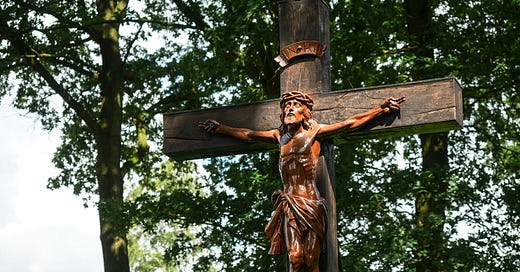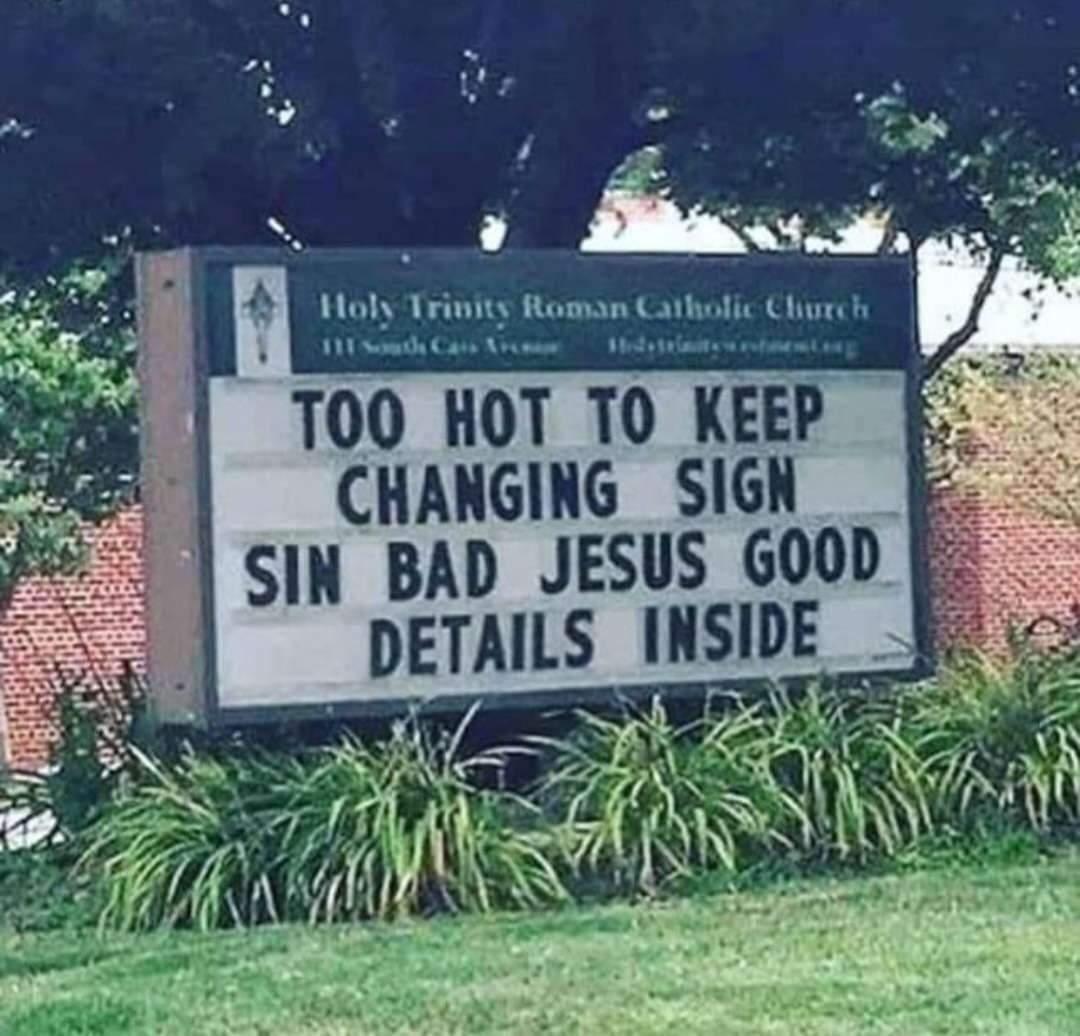I don’t know about you, but it’s really hot where I am, writing this.
Reading 1
Is 26:7-9, 12, 16-19
The way of the just is smooth; the path of the just you make level. Yes, for your way and your judgments, O LORD, we look to you; Your name and your title are the desire of our souls. My soul yearns for you in the night, yes, my spirit within me keeps vigil for you; When your judgment dawns upon the earth, the world's inhabitants learn justice. O LORD, you mete out peace to us, for it is you who have accomplished all we have done.
O LORD, oppressed by your punishment, we cried out in anguish under your chastising. As a woman about to give birth writhes and cries out in her pains, so were we in your presence, O LORD. We conceived and writhed in pain, giving birth to wind; Salvation we have not achieved for the earth, the inhabitants of the world cannot bring it forth. But your dead shall live, their corpses shall rise; awake and sing, you who lie in the dust. For your dew is a dew of light, and the land of shades gives birth.
The last verse, some believe, is referring to the restoration of Israel. But Isaiah was written after Hosea (which we read last week), and numerous parallels make it clear the author of the former had read the latter. Taken in that light, the New Testament writers and early Christians took Isaiah’s prophesy to refer to the literal resurrection of the dead.1
These are the kinds of argument the Sadducees and Pharisees had during Jesus’ time. Jesus Himself pretty well resolves the debate by, you know, rising from the dead.
Responsorial Psalm
Ps 102:13-14ab and 15, 16-18, 19-21
R. (20b) From heaven the Lord looks down on the earth.
You, O LORD, abide forever,
and your name through all generations.
You will arise and have mercy on Zion,
for it is time to pity her.
For her stones are dear to your servants,
and her dust moves them to pity.
R. From heaven the Lord looks down on the earth.
The nations shall revere your name, O LORD,
and all the kings of the earth your glory,
When the LORD has rebuilt Zion
and appeared in his glory;
When he has regarded the prayer of the destitute,
and not despised their prayer.
R. From heaven the Lord looks down on the earth.
Let this be written for the generation to come,
and let his future creatures praise the LORD:
"The LORD looked down from his holy height,
from heaven he beheld the earth,
To hear the groaning of the prisoners,
to release those doomed to die."
R. From heaven the Lord looks down on the earth.
Whether it’s the Psalms, or the books of the prophets, or the Gospels themselves, none of the Bible is written solely for the people of the time. These were meant to be passed down to future generations. When we die, we pass on our faith to the next generation, so that they can know God and live, too.
Alleluia
Mt 11:28
R. Alleluia, alleluia.
Come to me, all you who labor and are burdened,
and I will give you rest, says the Lord.
R. Alleluia, alleluia.
Jesus won’t add any burdens to your soul that you’re not already carrying, and He’ll help you left those.
Gospel
Mt 11:28-30
Jesus said: "Come to me, all you who labor and are burdened, and I will give you rest. Take my yoke upon you and learn from me, for I am meek and humble of heart; and you will find rest for yourselves. For my yoke is easy, and my burden light."
We rely on God for everything. Yoking ourselves to Christ doesn’t mean lifting His burden; it means He’s taking on ours. That’s why it feels so light.
As C.S. Lewis says in Mere Christianity,2 it’s impossible to know from the outside just how much someone is hitching their yoke to Jesus. You might know a really awful Christian, but it’s impossible to know how much worse they’d be without him. Or how much better a good person could be with Him.
We shouldn’t take that chance. Let’s take up Jesus’ yoke.
NT Wright explores this in detail in chapter 3 of The Resurrection of the Son of God.
Much better than I summarize here. Seriously, you should watch the video or read the whole book.





